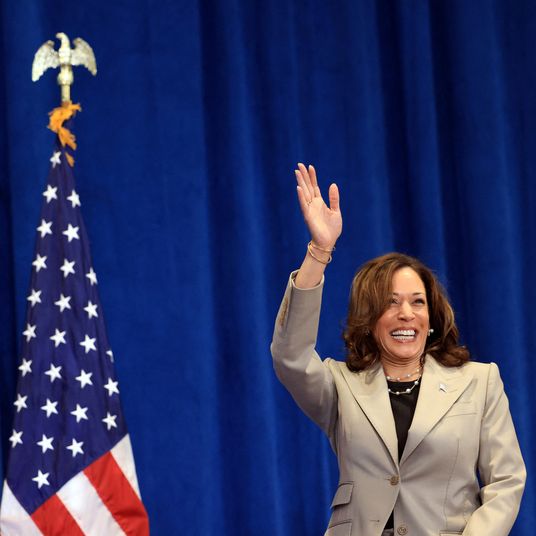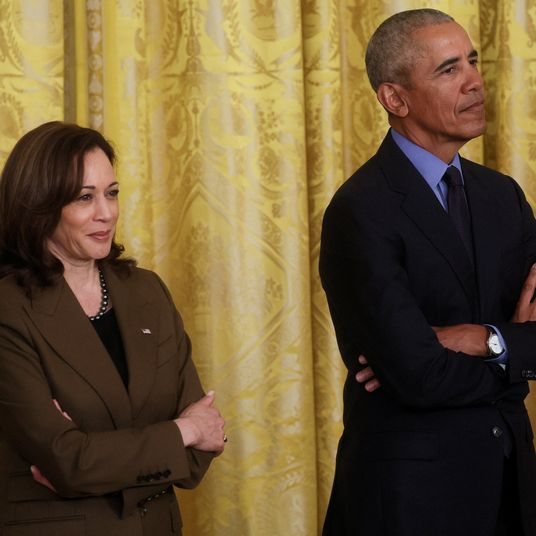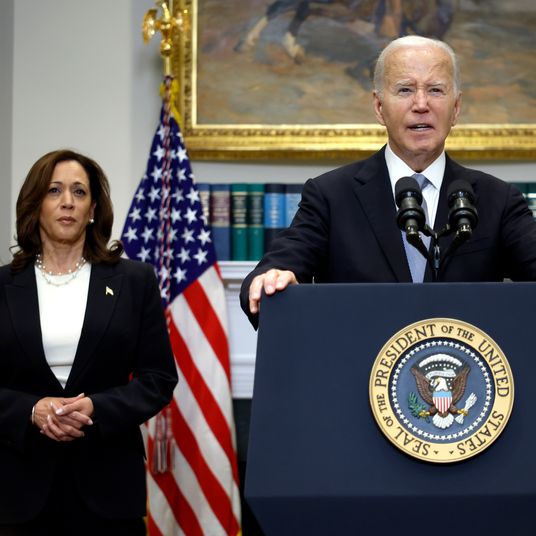
After a noisy and intermittently dramatic start, the U.S. Senate is expected this weekend to pass a version of Joe Biden’s American Rescue Plan, a.k.a. the COVID-19 relief and stimulus legislation. But first the chamber must endure the arcane ritual of the vote-a-rama, a period of voting on unlimited (but barely debated) amendments. As I explained in February, when the Senate held a 15-hour vote-a-rama before passing the budget resolution that made possible the reconciliation bill before the Senate now, this is the price Senate Democrats pay to utilize procedures that circumvent what would otherwise be a fatal Republican filibuster. Reconciliation bills cannot be filibustered, and thus can pass with a simple majority vote (in this case, that could mean 50 votes plus a tie-breaker from Vice-President Kamala Harris).
Most of the amendments that will be offered during the vote-a-rama, which is expected to begin midday on March 5, will be “messaging” amendments from Republicans seeking to put senators on record on motions that are either hard to explain and thus could become campaign fodder (e.g., amendments to vindicate popular but perhaps unconstitutional yearnings), or that reflect the views of the GOP’s conservative “base” and are designed to please ideologues (expect plenty of amendments dealing with abortion, women’s sports, and “election integrity”). But some amendments will be more serious, designed to pick off Democratic senators and thus influence the size or shape of the final package, which must ultimately be approved by the House before going to the White House for Biden’s signature.
And one Democratic-sponsored amendment has already been offered and defeated: Bernie Sanders’s bid to place the House-passed $15 minimum wage back into the bill. It was dropped to comply with a Senate parliamentarian ruling that it violated the chamber’s Byrd rule against non-germane provisions. So when Sanders offered to bring it back, it was subject to a point of order. 58 senators, including 8 Democrats (Tom Carper and Chris Coons of Delaware, Maggie Hassan of New Hampshire, Angus King of Maine, Joe Manchin of West Virginia, Kyrsten Sinema of Arizona and Jon Tester of Montana) voted to sustain the point of order and kill the amendment. These defections saved Vice President Kamala Harris from the divisive chore of breaking a tie after the White House made it clear she would not overrule the parliamentarian on her own initiative. While the outcome was no surprise, eyebrows will be raised at both of Joe Biden’s home-state senators voting to rebuff progressives on a highly emotional issue.
Right before the vote-a-rama began, Senate Democrats accepted one significant change in the bill that Republicans and some centrist Democrats supported: reducing supplemental federal unemployment benefit from $400 a week to $300 (though extending them an additional month). And in anticipation of assaults on the targeting of stimulus checks and the current need for state and local government assistance, Senate Democrats earlier tweaked the legislation, cutting an estimated 12 million upper-middle-income people out of eligibility for the bill’s $1,400 checks, and adding guarantees that stimulus aid is expended by states and localities before they come back for additional servings. There’s even a possibility that a Mitt Romney amendment to restrict stimulus funds to state and local governments that actually lost net revenues during the pandemic could harvest a Democratic vote, or force a compromise.
How long will the vote-a-rama last? That’s largely up to Republicans. Earlier this week Wisconsin’s hammer-headed conservative Republican Ron Johnson insisted on a full reading of the 628-page bill, which took hours. But Roll Call reports GOP senators may have mercy: “‘Once we get our top 40 amendments in … then you’ll see diminishing returns set in and probably some movement towards concluding it,’ Sen. Mike Braun, R-Ind., told reporters.”
You can expect Senate passage on Saturday, and then, depending on how many amendments pass and what they do to the overall package, perhaps a few hours of sweaty madness as House Democrats decide whether they can live with the Senate’s changes. With the real deadline being March 14, when supplemental federal unemployment benefits run out, there’s still time for more maneuvering if Democrats choose to risk it. They’d mostly prefer not to go there.
This article was updated to reflect the vote on the minimum wage amendment.





























